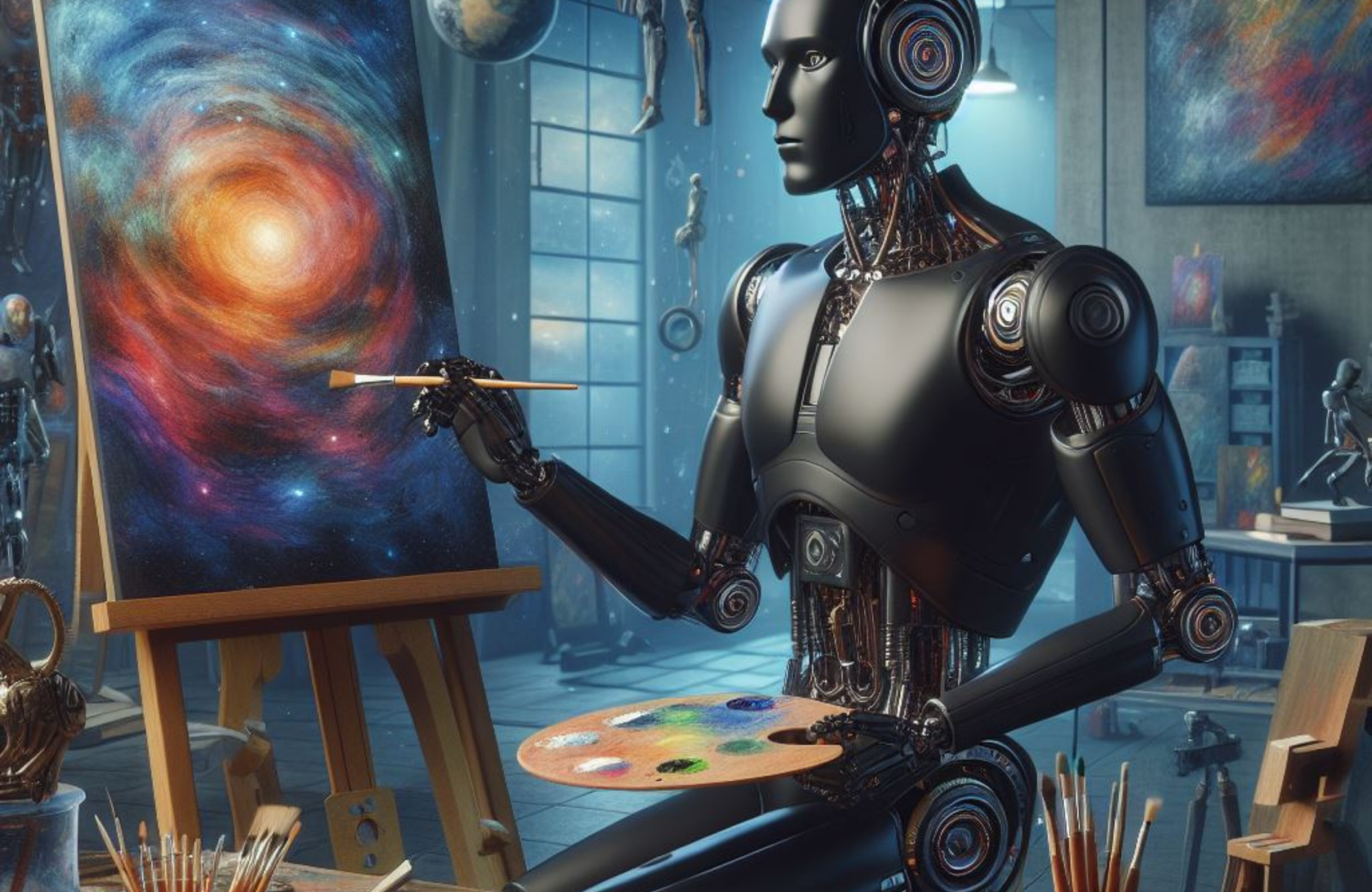Copyright law and artificial intelligence (AI):
In most jurisdictions, copyright law requires a human author to create a work eligible for protection. The U.S. Copyright Office explicitly states that AI cannot be registered as an author since only a person can be considered an author.
Therefore, AI-generated content, whether it’s a painting, music, or literature, cannot be directly protected by copyright at the current sight of the Law. But this can change.
1. Training Data and Ownership:
AI systems learn from vast amounts of data during their training process.
If an AI model generates a piece of art, the ownership of that work is often attributed to the human creators who designed and trained the AI.
The AI itself lacks legal status and cannot own copyright.
2. Fair Use and AI:
Fair use is a critical concept in copyright law, allowing limited use of copyrighted material without permission. When AI generates content based on existing works, it may raise questions about fair use. Courts are grappling with how to apply fair use principles to AI-generated content.
3. Provenance and Attribution:
Provenance refers to the origin and history of a work. For AI-generated content, proving its lineage becomes essential. Developers and companies using AI should consider ways to demonstrate the provenance of their creations.
4. Emerging Legal Challenges:
As AI becomes more creative, legal challenges will intensify. Courts are already dealing with cases related to AI-generated art, music, and writing. Balancing innovation and protection remains a complex task. In summary, while AI can produce remarkable works, the legal landscape around AI and copyright is still evolving. Companies and creators must navigate these uncertainties, ensuring compliance and ethical use of AI-generated content

